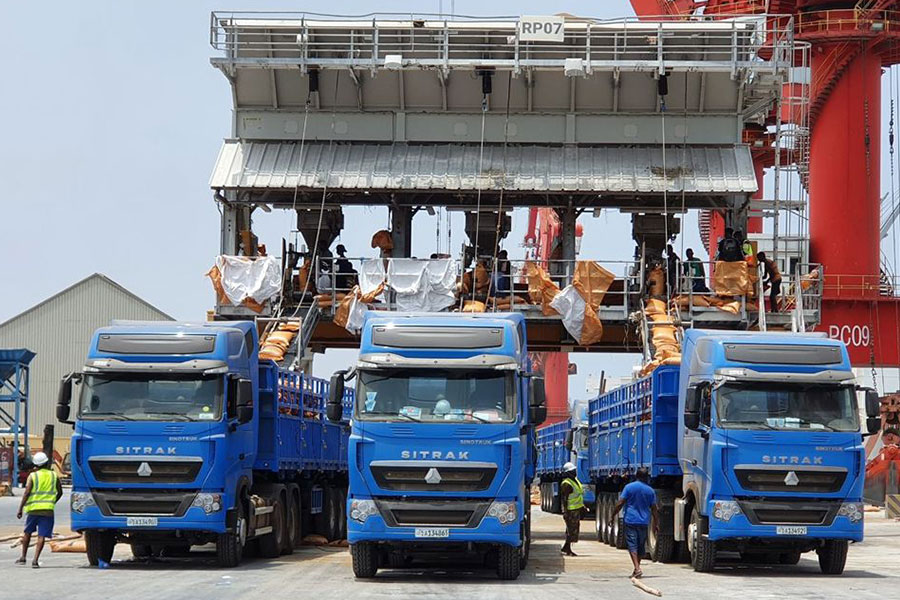
Fortune News | Jun 18,2022
Dec 4 , 2022
By Fisseha Mekuria (PhD)
With the recent inauguration of the science museum in the capital, Ethiopians are showing their aspiration for scientific and technological development in the digital era. The Science & Technology Museum (STM) can be essential in directing the younger generations residing in Ethiopia and Africa, comprising 70pc of the population. It could also inspire other African countries to build digital society-driven economic development.
When Nelson Mandela took office after the apartheid system in South Africa, many urged him to dismantle the Apartheid-era institutions, including the Council for Science & Industrial Research (CSIR). His response was to the contrary and visionary.
The Council, where I worked for over a decade as a chief research scientist, had the tagline "Our future is through science and technology" until recently. No less is Ethiopia's science and technology museum an institution developed to chart the future, supported by innovations. The digital technologies displayed in the museum are the most promising combinations to address the planet's current degradation in biodiversity and challenges.
The museum and its presence in the capital are a catalyst for the African renaissance, which many visionary leaders in the past and the present, including experts, have articulated. It is hoped to create an avalanche in other African cities to take cues, allowing them to develop digital start-ups and science-based technology. This could lead to agro-industry, inclusive rural digital communities, innovative information technologies and industrialisation services.
Africa should aspire and educate its youth on the use of these emerging technologies to develop resource-efficient agriculture, smart mining and transportation systems, and smart health services, as we have been successfully using these emerging technologies for military operations.
Unfortunately, instead of aspiring to use these technological outlets to develop resource-efficient agricultural, smart mining and transportation systems, the attitude seems to deploy emerging digital technologies for African military operations.
As the continent is endowed with youth demography, it would be easy to catch the pool of talented generations and redirect its educational system towards science and technology to inclusive digital transformation. The Museum's curators, in partnership with local and regional schools, colleges and universities, can help accelerate the youth's creativity and the creation of digital entrepreneurs. These can be equipped with skills to harness emerging tools to co-create innovative solutions to address sustainable social and economic development challenges.
The Museum should include a unit to deal with a multidisciplinary intervention for current adverse outcomes in the country and Africa. Such a unit should have branches in all regional universities, attracting talented graduates to work on developing innovative solutions guided by mentors wired in challenge-based innovative solutions.
The Museum's impact should spread to regional and rural areas by following the concept of an inclusive digital society. This requires a policy framework to provide affordable broadband and access to digital technologies in rural and previously disadvantaged communities. Such a framework was developed and tested in South Africa. The CSIR developed the project in partnership with the UNDP and UK government, and it is now under introduction to several African countries.
The project not only spreads innovative ideas from the Museum in the capital to communities in the regional states but also provides support for creating local digital entrepreneurship to empower members of rural communities.
At a recent technology conference held in Bahir Dar (ICT4DA-2022), inspired by the UN's decade-long ecosystem restoration, emerging digital technologies for the protection and rescue operation of biodiversity ecosystems were discussed to invigorate young innovators and graduate students to use emerging digital technologies for biodiversity protection. Simultaneously, it develops innovative science and emerging technology-inspired solutions to create digital businesses which can sustain the expanded services and create much-needed locally relevant jobs.
Such digital empowerment of rural communities is a way to reduce the burden of the ever-burgeoning metropolia of Africa. Seeing the pace of growth in these cities is evident that social services cannot cope for far too long. Perhaps the worst impact could be climate change and the air pollution created. People should have an alternative to live in rural and regional towns with the same quality of social services. Inclusive digital transformation should be the agenda of intelligent regional city administrators and progressive rural community planners. This will lead to efficiently utilizing natural resources and manmade infrastructure for job creation and nurturing a healthy society.
PUBLISHED ON
Dec 04,2022 [ VOL
23 , NO
1179]
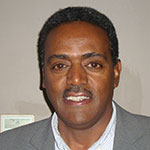

Fortune News | Jun 18,2022

Commentaries | May 16,2020

Life Matters | Jun 28,2025

View From Arada | Mar 18,2023

Radar | Sep 07,2019

Radar | Nov 27,2023
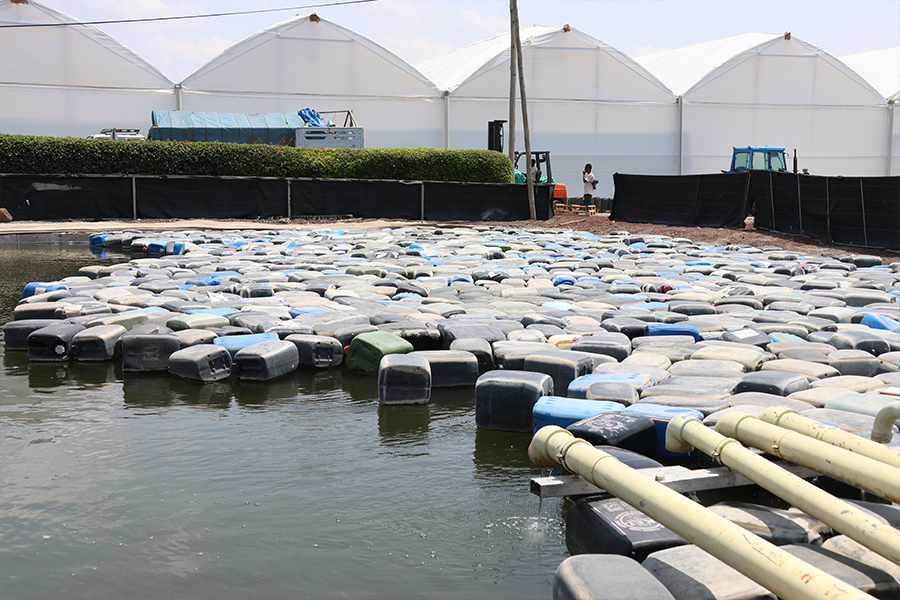
In-Picture | Jun 22,2024
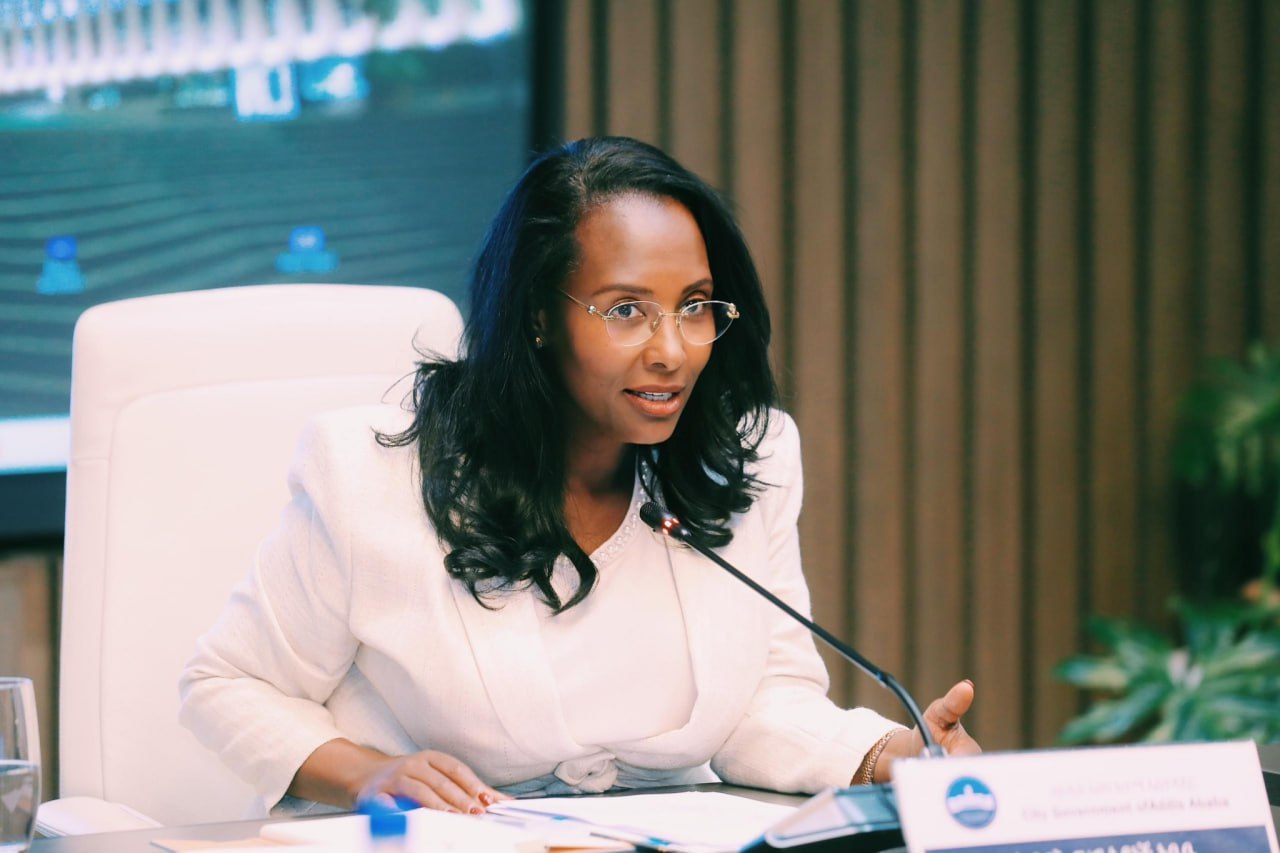
Fortune News | Aug 17,2025

Radar | Jun 07,2025
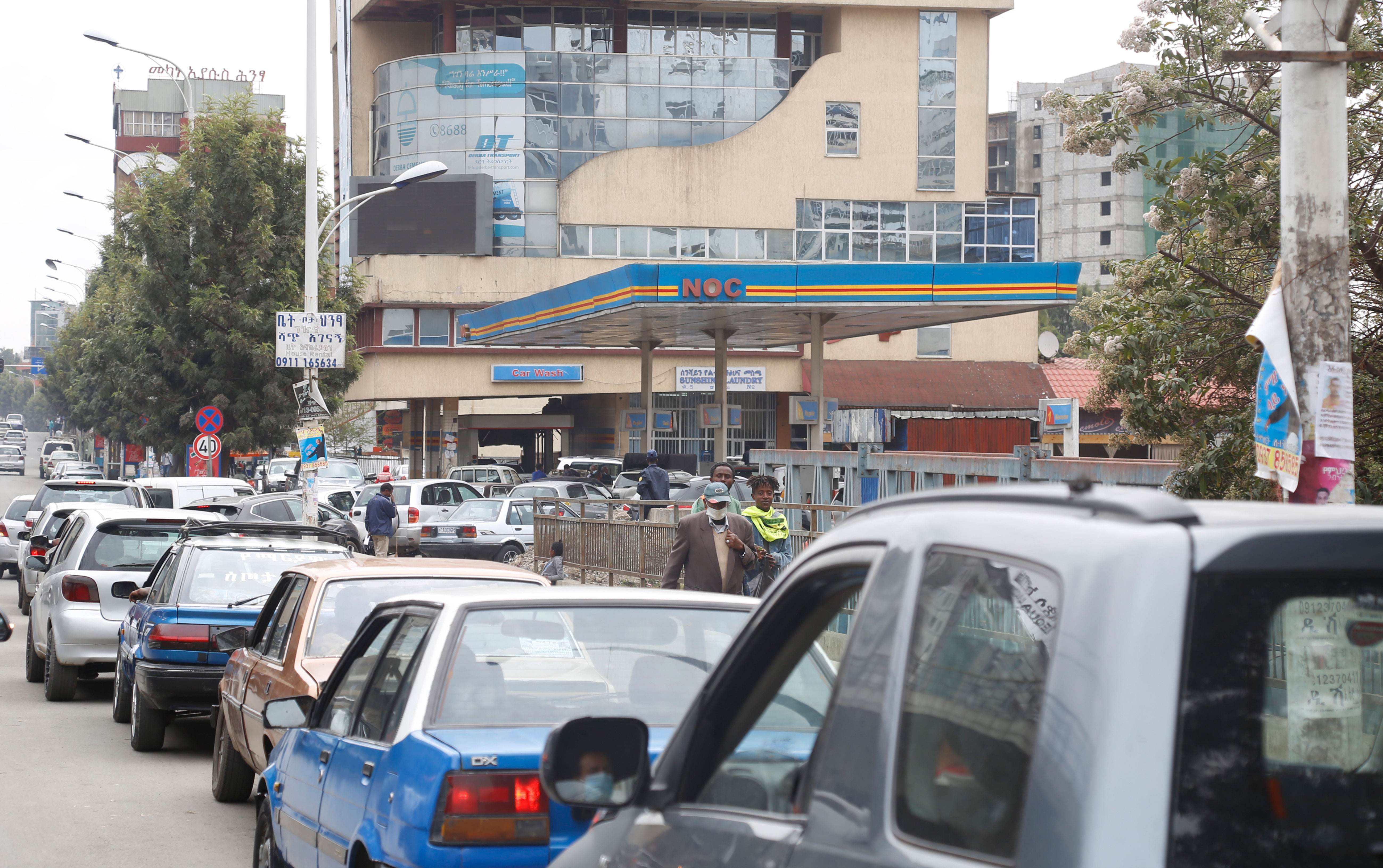
Fortune News | Mar 30,2024

Photo Gallery | 177343 Views | May 06,2019

Photo Gallery | 167550 Views | Apr 26,2019

Photo Gallery | 158202 Views | Oct 06,2021

My Opinion | 136982 Views | Aug 14,2021
Commentaries | Oct 25,2025

Dec 22 , 2024 . By TIZITA SHEWAFERAW
Charged with transforming colossal state-owned enterprises into modern and competitiv...

Aug 18 , 2024 . By AKSAH ITALO
Although predictable Yonas Zerihun's job in the ride-hailing service is not immune to...

Jul 28 , 2024 . By TIZITA SHEWAFERAW
Unhabitual, perhaps too many, Samuel Gebreyohannes, 38, used to occasionally enjoy a couple of beers at breakfast. However, he recently swit...

Jul 13 , 2024 . By AKSAH ITALO
Investors who rely on tractors, trucks, and field vehicles for commuting, transporting commodities, and f...

Oct 25 , 2025
The regulatory machinery is on overdrive. In only two years, no fewer than 35 new pro...

Oct 18 , 2025
The political establishment, notably the ruling party and its top brass, has become p...

Oct 11 , 2025
Ladislas Farago, a roving Associated Press (AP) correspondent, arrived in Ethiopia in...

Oct 4 , 2025
Eyob Tekalegn (PhD) had been in the Governor's chair for only weeks when, on Septembe...

Oct 25 , 2025 . By YITBAREK GETACHEW
Officials of the Addis Abeba's Education Bureau have embarked on an ambitious experim...

Oct 26 , 2025 . By YITBAREK GETACHEW
The federal government is making a landmark shift in its investment incentive regime...

Oct 26 , 2025 . By NAHOM AYELE
The National Bank of Ethiopia (NBE) is preparing to issue a directive that will funda...

Oct 26 , 2025 . By SURAFEL MULUGETA
A community of booksellers shadowing the Ethiopian National Theatre has been jolted b...